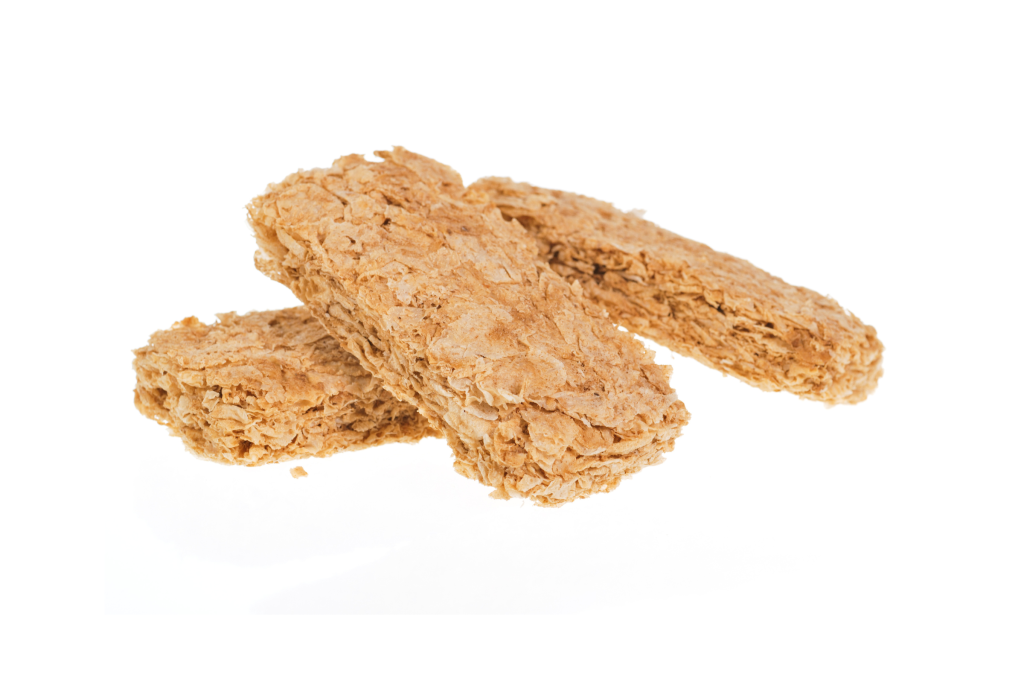Mergers in the world of biscuits and breakfast cereals drive fierce competition, innovation, and strategic decisions. For Australian companies, mergers and acquisitions (M&A) are often critical pathways to expand product offerings, strengthen market presence, and foster growth. This dynamic industry landscape has seen key players leveraging acquisitions to achieve broader goals, including operational efficiencies, product innovation, and enhanced consumer reach.
A notable case unfolding in this space involves Sanitarium Australia, a household name known for its iconic WeetBix brand, as it explores acquiring Vita Brits—a move set to reshape the breakfast market landscape. The strategic implications, regulatory reviews, and market reactions provide an intriguing lens to examine the evolving nature of competition in this sector.
To fully appreciate the significance of this acquisition, one must explore the history of these brands and the intricate competitive forces at play.
Mergers in Australia’s Breakfast Market
In the world of biscuits and breakfast cereals, competition is fierce. For Australian food companies, expanding product lines and capturing larger market shares can be essential for survival. M&A provides an opportunity such as the following.
Gain Market Power
By merging with or acquiring competitors, companies can solidify their influence in the industry. This consolidation not only reduces competition but also allows for better price control.
Broaden Product Offerings
Acquiring a company with complementary products allows for an expanded product portfolio, giving businesses the chance to meet varied consumer preferences.
Achieve Operational Efficiency
Mergers often bring economies of scale, leading to cost savings in production, distribution, and marketing.
Innovate and Rebrand
With a wider array of products and resources, companies can invest more heavily in research and development, promoting health-driven or eco-friendly alternatives.
Sanitarium and WeetBix
Sanitarium Australia, a division of Australian Health & Nutrition Association Limited, has become one of the most recognisable names in healthy breakfast options. While WeetBix has always been a crowd favourite, it’s interesting to reflect on how Sanitarium strategically grew its brand. Their plans to purchase Vita Brits represents a case where a company embraced acquisition to build a healthier image and increase market share.
To further understand how the purchase came about, let’s go back a century.
Cereal Foods Ltd started making Vita Brits in 1923 as an Australian rival to WeetBix’s direct ancestor Granose, which came about from Sanitarium’s need to steer away from importing Kellogg’s granola bars and build more locally. However, a splinter faction of Sanitarium staff formed a new company that produced a sweeter version of Granose that became WeetBix, because of management’s refusal to add sugar and malt to the main Granose formula. Sanitarium eventually settled with buying that company.
Since that acquisition, WeetBix and Vita Brits have become serious rivals in every Australian’s breakfast table, even as the Vita Brits brand passed on with Cereal Foods coming under Nabisco and then Uncle Tobys Australia. Food giant Nestlé absorbed Uncle Toby’s in 2006 and have kept Vita Brits in circulation despite hiccups such as the closure of the prime plant four years ago at Wahgunyah, Victoria and transferring to NSW under a third-party manufacturer.
Sanitarium’s Vita Brits Acquisition Clears ACCC Review
Sanitarium’s plan to buy Vita Brits involves acquiring the entire Vita Brits IP, goodwill, and branding from Uncle Tobys. No financial terms have been discussed. Uncle Tobys will keep its production assets and branding, which may also mean that the Sanitarium version of Vita Brits will no longer contain the large Uncle Tobys logo box visible across the entire product line.
No M&A discussion is complete without considering regulatory oversight. The Australian Competition and Consumer Commission (ACCC) plays a pivotal role in reviewing and approving mergers. The aim is to ensure that acquisitions do not result in reduced competition, higher prices, or lower-quality products.
The ACCC started reviewing the proposed merger in September 2024. Market issues as falling under Competition and Consumer Act 2010, Sec 50, were a prime part of the review, considering Sanitarium is a producer and supplier of WeetBix and is also a producer of Vita Brits. Uncle Tobys still supplies Vita Brits to the market.
The object was to identify the competition mechanics of WeetBix and Vita Brits in the wholesale supply of wheat biscuit cereal, ready-to-eat breakfast cereal, and other breakfast cereal varieties, plus determining the market survivability of Vita Brits if Sanitarium did not buy it at all. Evaluators were also concerned if price changes forced consumers to switch between WeetBix and Vita Brits, given they are basically the same products, albeit with miniscule differences in wholegrain wheat composition.
Submissions were accepted until 4 October 2024. The ACCC ruling came out on 1 November, stating that Sanitarium can proceed to negotiate the Vita Brits purchase with Nestlé and Uncle Tobys. ACCC Commissioner Dr Philip Williams said the review submissions found that consumers who loyally patronised WeetBix or Vita Brits did not change to the other, therefore having no competition impact.
Reacting to the decision, Sanitarium officials said they will closely liaise with Nestlé for a smooth integration of Vita Brits into its own processes, including securing the brand’s retail partnerships. They also assured that Vita Brits production will stay in Australia.
Conclusion
Mergers and acquisitions can be daunting, but they often pave the way for sustainable growth and innovation. Sanitarium’s plans to buy Vita Brits showcases how embracing change can solidify a company’s reputation and expand its reach. As the Australian biscuit market continues to evolve, we may soon witness more strategic mergers, creating a robust and diverse selection of products for consumers.
Whether it’s through enhanced health-focused offerings or increased efficiency, M&A remains a crucial tool for future-proofing businesses in Australia’s competitive food landscape.
DISCLAIMER: This article is for informational purposes only. AVANTE PARTNERS has no financial interests with any food company mentioned or has liaisons with any industry regulator.


